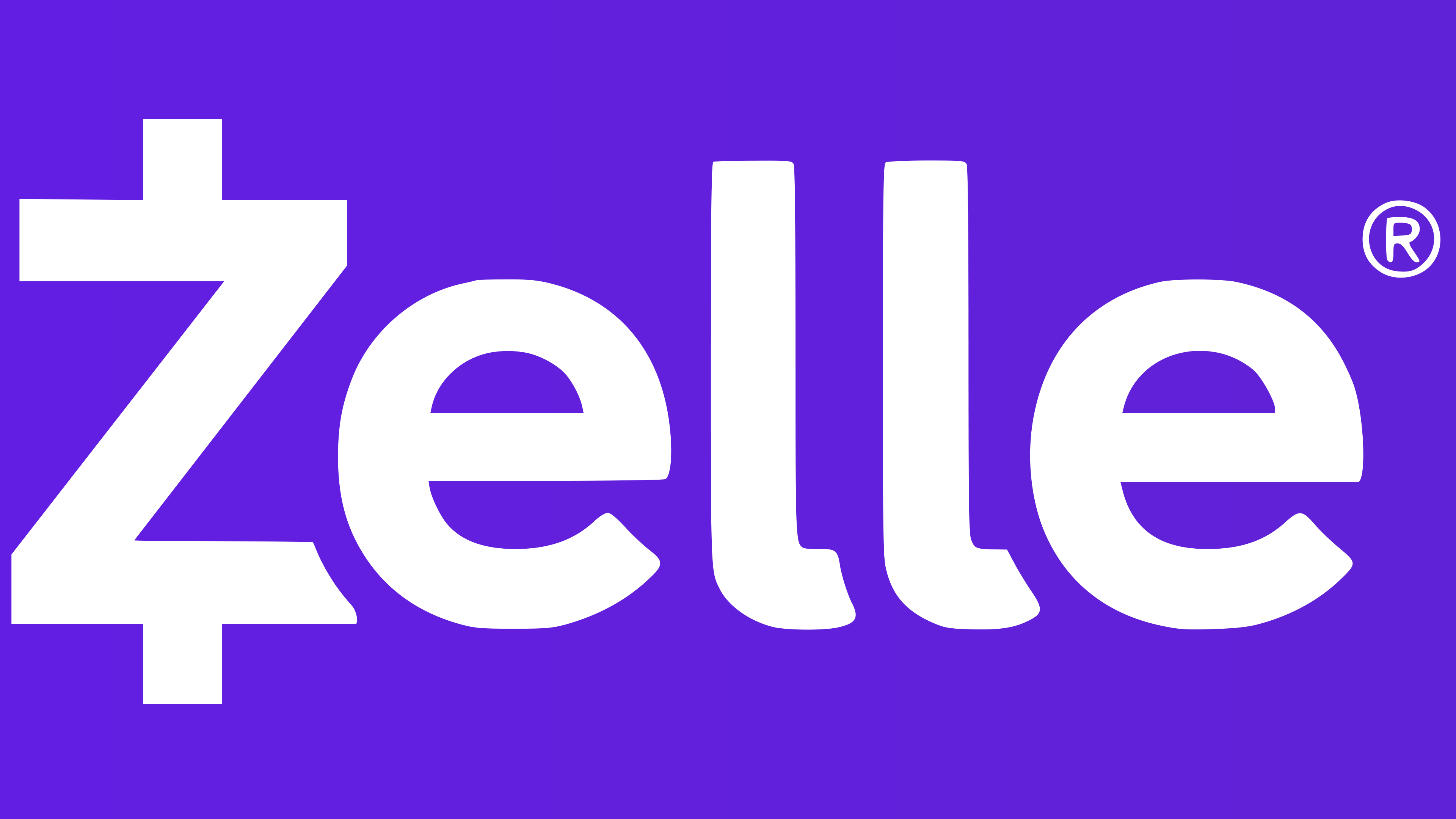Management of Alkali Aggregate Affected Structures; Analysis, Performance & Prediction
October 27–29, 2025
Online only
Course Participation
There are 50 (paid) participants with the following distributions.
| Interest | # |
|---|---|
| Bridge | 10 |
| Containment | 1 |
| Dam | 25 |
| Other | 14 |
| Background | # |
|---|---|
| B.S. | 7 |
| M.S. | 23 |
| Ph.D. | 20 |
| Familiarity | # |
|---|---|
| None | 2 |
| Minimal | 19 |
| Moderate | 17 |
| High | 12 |
| AUS | BEL | BRA | CAN | CHE | DEU | ESP | GBR | IDN | IND |
|---|---|---|---|---|---|---|---|---|---|
| 2 | 1 | 2 | 13 | 4 | 4 | 1 | 1 | 1 | 3 |
| ITA | JPN | PRT | SVN | SWE | USA | ZAF | |||
| 3 | 5 | 1 | 1 | 2 | 4 | 2 |
This course mainly addresses topics related to the investigation of structures suffering from ASR (analysis and prognosis). Prevention of ASR in new structures is not covered.
Course Description
This specialized short course—taught by leading experts—is designed for practitioners managing Alkali-Aggregate Reaction (ASR) in critical infrastructure.
The course addresses theoretical foundations, laboratory testing, petrography, and finite element modeling, with a focus on both static and seismic loading conditions. Participants will explore deterministic and probabilistic approaches to modeling ASR, with an emphasis on the state of the art rather than the state of the practice. The course is structured to deliver practical, actionable knowledge for real-world applications.
Course Audience and Purpose
Designed for owners’ engineers, consultants, contractors, and regulators responsible for managing dams, hydroelectric plants, or major reinforced concrete structures affected by Alkali-Aggregate Reaction (ASR)
The focus is on providing a state-of-the-art foundation for making informed engineering decisions regarding the assessment and long-term management of affected concrete structures. Participants from agencies such as DOT, NRC, Reclamation, USACE, TVA, and private consulting firms will gain valuable insights.
Instructors
- Jan Cervenka: Executive Director, Cervenka Consulting
- Andreas Leemann: Group Leader Concrete Technology, EMPA
- Jan Lindgård: Senior Research Scientist, SINTEF
- Simon-Nicolas Roth: Head of Dam Structures, Hydro-Quebec
- Victor Saouma: Professor Emeritus, University of Colorado Boulder
Target Audience
- European agencies
- Federal/National agencies (NRC, Reclamation, USACE, TVA, DOT, FHWA)
- Consultants, owners, and contractors
Schedule
Each of the three sessions will run for 3–4 hours, scheduled from 15:00 until 19:00 Central European Time (CET) (inclusive). This corresponds to 14:00–18:00 Coordinated Universal Time (UTC). At that time, the United States will still be observing Daylight Saving Time; for participants in the Mountain Time Zone this is 08:00 until 12:00 Mountain Daylight Time (MDT). Each session will conclude with approximately 30 minutes dedicated to Q&A.
Day 1: Materials and Tests
- Basics of ASR
- Diagnosis: manifestations, DRI, SDT
- Prognosis: assessment of expansion
- Link between materials and structural analysis
Day 2: Modeling
- Impact on mechanical properties
- Numerical simulation
- Modeling: formulation, validation, seismic, fragility curves
- From ASR to Seismic
- Software: ATENA, Merlin, PaDamComp
Day 3: Applications (JC)
- ASR model in ATENA Software.
- Reinforced concrete D-Wall in the underground of a large construction project.
- Identification of ASR parameters
- Loading history and construction process modelling
- Sensitivity studies
- Durability studies on reinforcement corrosion risk of ASR affected concrete
Day 3: Applications (SR)
- Monitoring protocols and data analysis on real structures, and their connection to numerical simulation
- Verification and validation of computational codes through numerical implementation
- Case study on the Beauharnois powerhouse.
Recommended Reading
- Lindgård and Drimala Laboratory vs. field performance of ASR-affected concrete: state of the art and paths moving forward using European and North American Guidelines
- Lindgård (et.al.) Alkali-silica reactions (ASR) in concrete dams – field survey, ND-testing and laboratory analyses
- Mürer Stemland Experimental and Structural Basis for Analysis and Assessment of Concrete Structures exposed to Alkali- Silica Reactions
- Mürer Stemland Load Effects of ASR-induced Expansion in Reinforced Concrete and Their Consequences for Structural Assessment
- Leemann A. , 2025 Alkali–silica reaction——the mechanism leading to concrete deterioration
- Saouma (Ed.) Diagnosis and Prognosis of AAR Structures
- Nguyen et al., 2022 ASR Expansion Correlation Model
- Mahdavi, G. Probabilistic Nonlinear Seismic Analysis of AAR-Affected Dams
- Fournier et al., 2018 Outdoor ASR Testing
- Saouma Dedicated AAR web site
Fee
400 USD / 350 EUR (includes PDF course materials).
50% discount for students with an academic email.
Payment options:
- Send a request to saouma@xelastica.com; . He will then issue a PayPal payment link that you can pay directly using your credit card. Thank you for your registration
 (720)662-5232
(720)662-5232 Victor Saouma, gapter80303@gmail.com;
Victor Saouma, gapter80303@gmail.com;
- US: Wire transfer (First Bank of Colorado; ABA#: 107005047; Account #: 6371256402)
- Europe Euro: Komercni Banka, Praha 5 - Smichov Branch, SWIFT CODE: KOMBCZPPXXX, IBAN: CZ8401000000439263670277, Account name: Cervenka Consulting s.r.o.
- Europe USD: Komercni Banka, Praha 5 - Smichov Branch, SWIFT CODE: KOMBCZPPXXX, IBAN: CZ0301000001155032170277, Account name: Cervenka Consulting s.r.o.
Note: For bank transfers, please include the course name and participant’s name in the payment reference. If the payment is made by an organization, ensure the participant can be clearly identified.
Questions
For inquiries, contact victor@xelastica.com.
Bios
Jan Cervenka is CEO of Cervenka Consulting s.r.o., where he is also one of the key developers of finite element modelling and advanced simulation software ATENA. The software is currently distributed to over 2000 users worldwide for advanced modelling of concrete and reinforced concrete structures. He has worked in nuclear industry projects (AREVA, KHNP, AXPO), wind tower foundations, offshore structures, and various tunnels and building projects globally. He is active in ACI, fib, and CEN standardization committees.
Andreas Leemann graduated in geology at ETH Zurich and earned a PhD in lake research. Since 1995, he has worked at EMPA in the concrete/asphalt lab, heading the concrete technology group. He currently heads the concrete technology group. He works mainly on the durability of concrete including internal and external sulfate attack, leaching, carbonation and, with a particular emphasis, alkali-silica reaction. He employs a variety of advanced microscopy methods to characterize the microstructure.
Jan Lindgård graduated from NTH in Trondheim in 1986 and has worked since 1990 as a senior scientist at SINTEF, one of Europe’s largest independent research organizations. He also holds a part-time position at NTNU. At SINTEF, he leads research and testing on ASR, including field assessments, lab testing of concrete and aggregates, and preventive measures for ASR and freeze/thaw damage. He has contributed to national ASR standards for over 35 years and international efforts via RILEM for nearly 25 years. In 2024, he joined the new CEN committee developing European ASR test methods.
Simon-Nicolas Roth is Head of Geotechnical Expertise and Design, Dam Structures, and Infrastructure at Hydro-Québec. He has nearly 20 years of experience in dam engineering and leads a team specializing in geotechnics, hydrology, structures, and instrumentation. He collaborates closely with universities and serves on the board of the IGEE (Institute of Electrical Energy Engineering).
Victor Saouma (Emeritus Professor at the University of Colorado Boulder) chaired a RILEM committee on the diagnosis and prognosis of ASR-affected structures, authored the book on Aging, Shaking and Cracking of infrastructures and is Past President of IA-FramCoS. He has consulted for agencies including TEPCO, NRC, EPRI, Oak Ridge, and the Swiss Dam Safety Commission. He is also a pro bono consultant to C-10 and was a member of the NRC PMDA Expert Panel for concrete in nuclear reactors.
